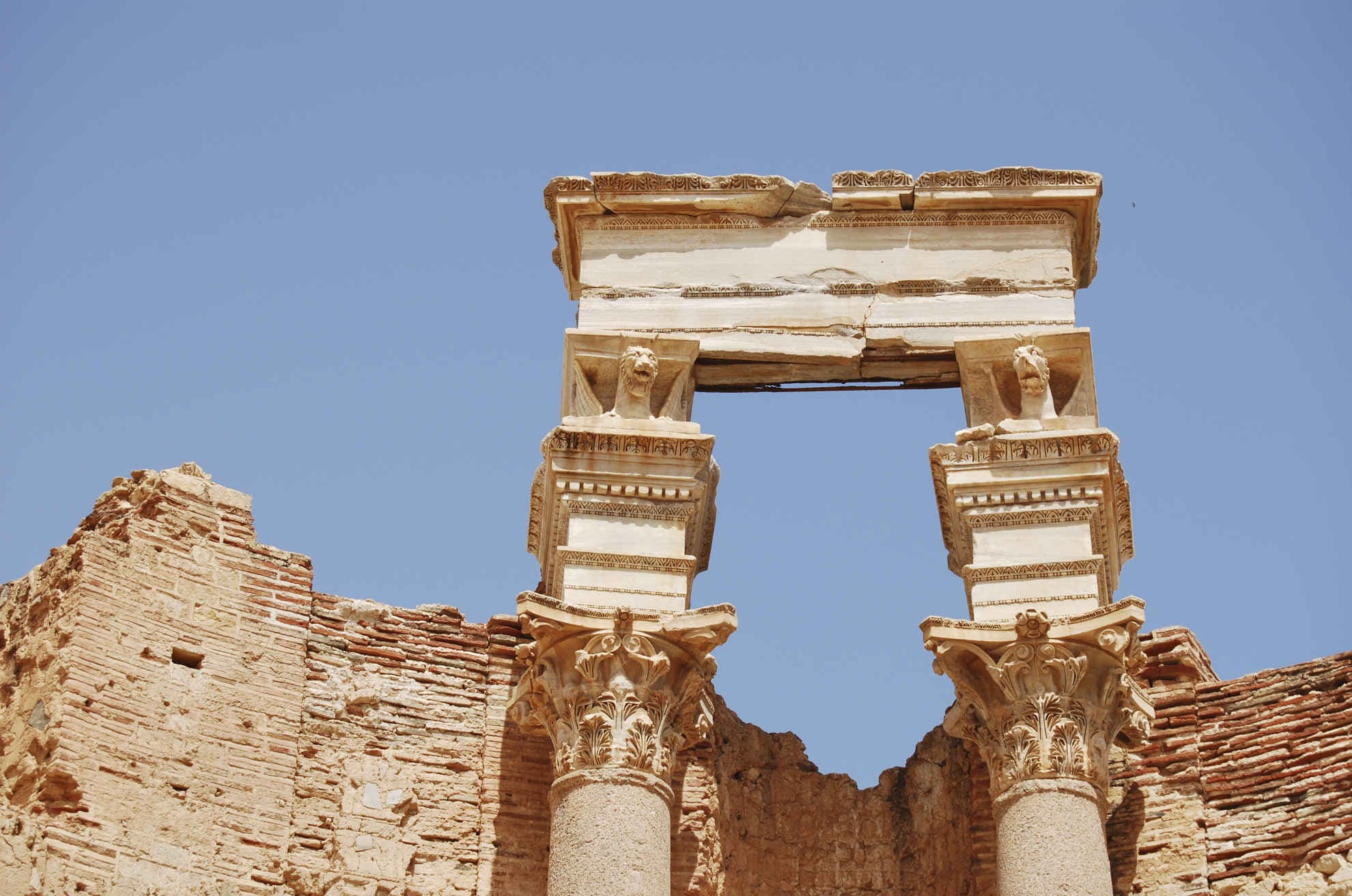Open Call for Papers
Stonecutters and Mosaicists at Work: Identifying Craftspeople and Their Workshops Through the Lens of Epigraphy
ERC-funded conference on the methodologies of workshop studies Warsaw
30 November–1 December 2023
This autumn, our project is organizing a major conference. The conference will take place in Warsaw in November and the speakers' participation will be wholly funded by the project. You can also download the cfp here.
The main objective of the STONE-MASTERS project, funded from an ERC Starting grant (grant agreement number 101040152) is to provide a complex answer to the question about the reasons for the great transformation of Roman commemorative traditions in the realm of epigraphy. In order to pursue the matter further, an atlas illustrating a highly regionalized network/stemma of workshops, identifying places of origin for the inscriptions from the third–fifth century, will be built in the project framework. The methodologies of workshop studies developed for other crafts and periods (in particular for early Greek vase painters, and for scribes and scriptoria) will be adapted to the needs of the Graeco-Roman epigraphy. These actions will bring to light the actual actors behind the production of inscriptions – artisans and workshops – as primary agents of top-to-bottom cultural transfer and, in consequence, will shape a whole new understanding of bringing elitist culture to the middle and lower classes.
This conference aims at bringing together people following broadly understood studies on ancient workshops, prosopography of craftspeople (including, for example, vase painters, scribes and illuminators of manuscripts), provenance of works of art and craft such as paintings, vases, mosaics, parchments and papyrus scrolls and codices, and others. We want to share and exchange our experiences across different fields of research, methodologies, and instruments of study.
Unlike the majority of such meetings, this conference is centred around methods rather than actual outcomes of research. We will welcome 20-minute papers answering the following questions:
- How to identify the workshop of origin of an inscription, mosaic, painting, vase, manuscript, book illumination?
- How to study the “style” of these works, and how reliable are the results and which role the “style” studies play in today’s research on workshops and provenance?
- Which methods are transposable between the identification of the origin of different works of art and craft and which are not? Which are the limitations of studies on workshops and craftspeople?
- How to study the formulae used in inscriptions?
- How can we reconstruct textbooks used by ancient stonecutters and mosaicists in order to make mid- and low-quality “mass-produced” inscriptions and how to establish the outreach of these textbooks?
- What can we say about the literacy of stonecutters and mosaicists, also regarding the process of making bilingual inscriptions?
- How to identify authors of verse inscriptions?
- How can we utilize the ancient collections of epigrams, anthologies and syllogae for workshop studies?
- How can the study of the ancient quarries and trade networks of marble help identify the common origin of specific collections of inscriptions?
- How can the study of stonemason marks contribute to our knowledge of ancient stonecutters and their workshops?
- How can we close study scripts and tools of trade of ancient artisans and craftspeople with modern instruments of digital research?
- What can we learn about sculptors’ and stonecutter’s workshops from the correlation of the quality of inscriptions and accompanying ornaments or funerary portraits, or the lack thereof.
- How can photogrammetry and archaeometric research contribute to our knowledge of craftspeople, their workshops, their tools, and the provenance of their works?
- How to trace and visualize the outreach of specific workshops and the distribution of their works with the use of mapping software?
How to contextualize different types of evidence (on people, workshops, model textbooks, time and geographical range of their occurrence) and to track correlations with the use of mapping software?
Papers tackling other methodological problems not envisaged in the above list are also welcome!
The participants will receive full funding for travel and accommodation costs. The participants will also be asked to contribute to an edited volume which will set new standards in the methodology of studies on the provenance of inscriptions of the Roman period, and will serve as the state-of-the-art reference work for this topic.
Titles and abstracts of up to 300 words for 20-minute talks should be submitted to Paweł Nowakowski, the PI of the project (pawel.nowakowski@uw.edu.pl). Please, indicate your academic status and affiliation (if applicable – papers from independent scholars and representatives of citizen science are equally welcome).
Deadline for abstracts: 15 September 2023.
